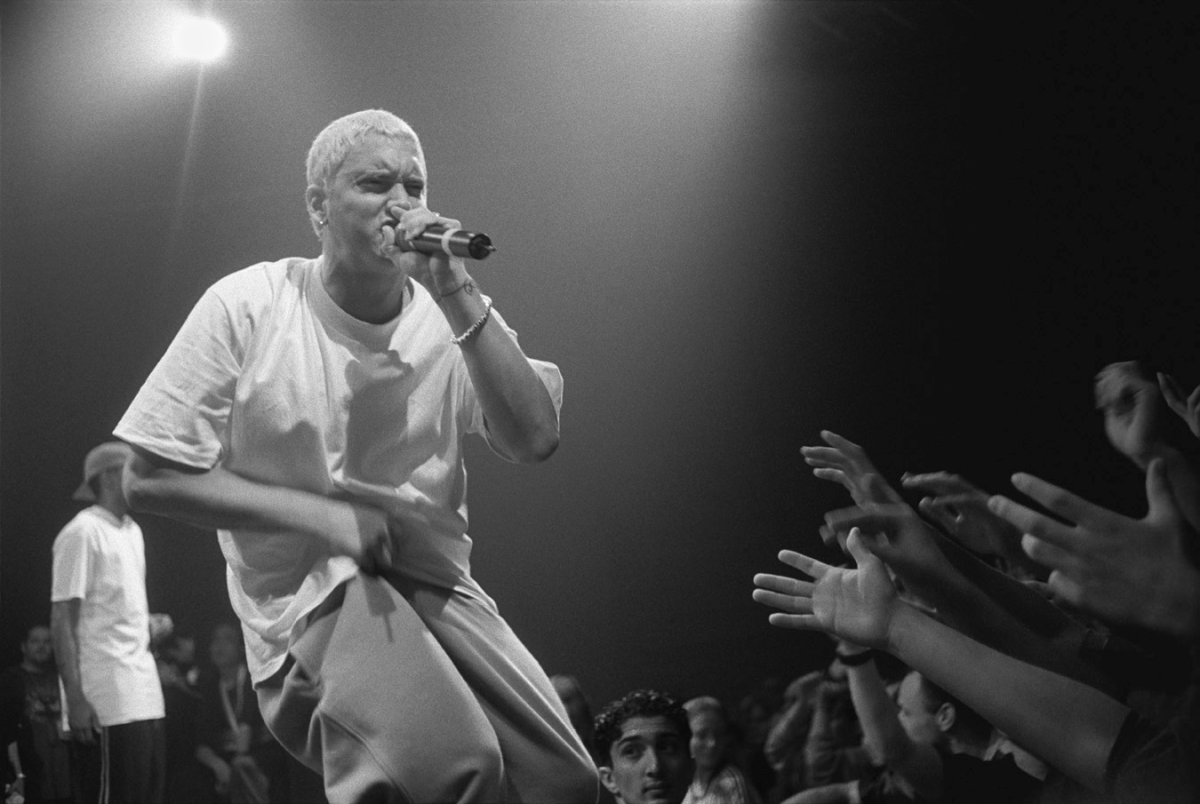BTS introduced me to the world of K-Pop and ever since then, I’ve fallen more in love with it. However, as I explored more music, I found myself distancing away from BTS. With their newest album however, I couldn’t help but get that same feeling of excitement I once had.
“Map of the Soul: 7” was released on Feb. 21, 2020 featuring 20 songs, including five tracks from their previous album, “Map of the Soul: Persona.” The album covered a wide spectrum of genres from ballads, to hip-hop to R&B.
“Map of the Soul: 7” begins with the five tracks from “Map of the Soul: Persona:” “Intro: Persona,” “Boy With Luv,” “Make It Right,” “Jaimus Vu” and “Dionysus.” But as the album progressed, BTS didn’t sound like BTS anymore. I realized that some of the tracks had been heavily produced. Autotune isn’t necessarily a bad thing, sometimes it can enhance a song. But in this case, it made it unbearable to listen to a good portion of the album. “ON,” the title track of the album, suffers from heavily autotuned vocals for all members. The version with Australian singer Sia isn’t much better as her voice seems misplaced and doesn’t add anything to the song. Even the highly anticipated “Louder Than Bombs,” with lyrics co-written by Troye Sivan, was disappointing due to overproduction. BTS is definitely talented enough to forgo using autotune, so why use it?
However, the saving graces of this album would be the members’ solo work. RM’s “Intro: Persona” was the best introduction to the album, beginning BTS’s journey through a symbolic soul. Suga’s “Interlude: Shadow” and J-Hope’s “Outro: Ego” continue the concept of Carl Jung’s archetype of oneself while portraying the rapper’s contrasting personalities. “Interlude: Shadow” is a dark and intense rap, representing the fears that fame brings. Meanwhile, “Outro: Ego” is an energetic and upbeat track, delving into the hardships BTS has faced in the past and learning to embrace them.
Jimin, Jin, Jungkook and V stepped out of their respective comfort zones, producing light-hearted and uplifting songs which played to each member’s strengths. Jungkook took a break from his usual joyful works like “Euphoria” and “Begin” and takes on a more melancholic song with “My Time.” Jimin’s “Filter” draws inspiration from Latin strings, fully utilizing Jimin’s talents to their fullest. Most noticeably, Jin and V departed from their ballad-type songs. While both vocalists’ voices are well suited for slower songs, “Moon” and “Inner Child ” pick up the pace with hints of pop rock mixed in. BTS’s solo works show how versatile the members can be and the lengths they’ll go to improve.
Personal recommendations: “Interlude: Shadow,” “Moon” and “Inner Child.”
As a whole, “Map of the Soul: 7” was underwhelming to put it simply. The quality of songs throughout the album was inconsistent and some songs like “Friends” were forgettable. BTS hasn’t felt the same ever since they released “Love Yourself: ‘Her’” in 2017. However, “Map of the Soul: 7” is unrivaled in terms of diversity and message. Most artists can only dream of creating an album like this, yet BTS continues to do it on a consistent basis. For a group that’s been around for seven years, they still find ways to grow and expand their style while keeping the traditional BTS style. While “Map of the Soul: 7” was very hit and miss, BTS still proves that they’re not slowing down anytime soon.


































